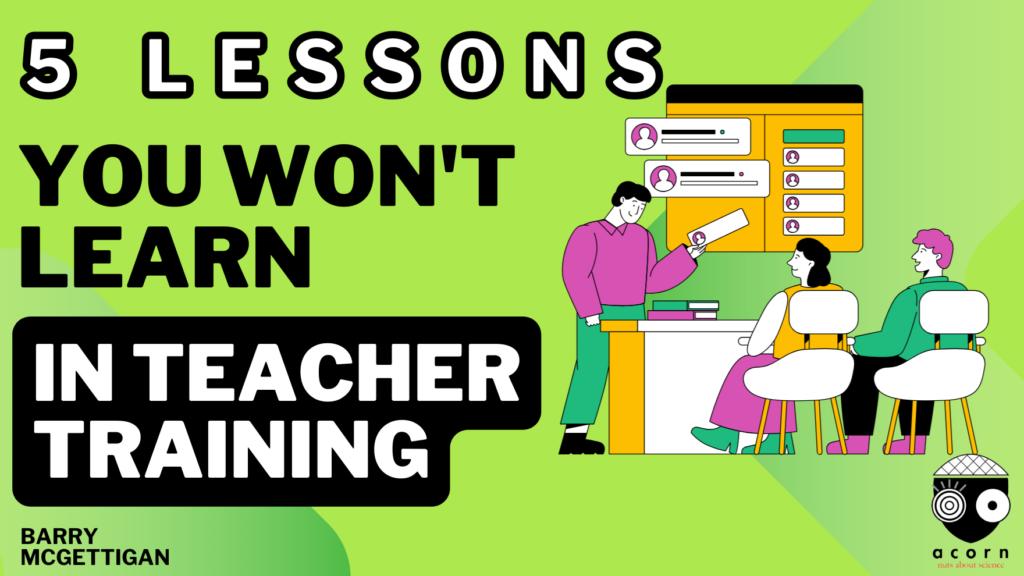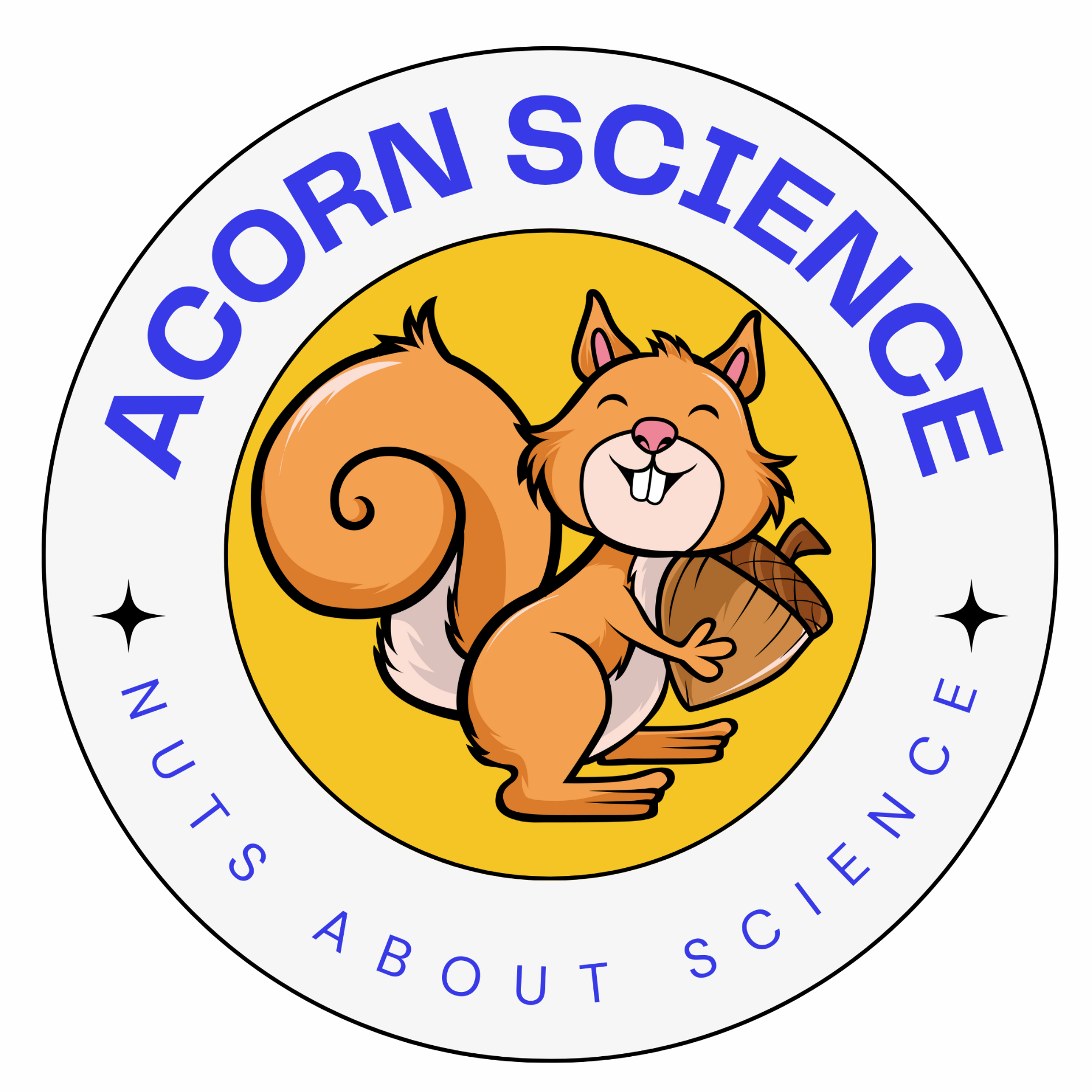
I always know the teachers who have teaching practice integrated into their undergraduate study. You can see them a mile away. They’re more confident and have far better classroom management skills from the get go.
Unfortunately, my teacher training was a bolt-on year after my undergraduate science degree. It had plenty of teaching practice (half day every day) but it was missing a major ingredient.
 |
Time.
It takes time to become a good teacher. My guess is about 2-3 years in the classroom. Unless you’re fortunate enough to have the educational component integrated from the start.
Here’s a few take-aways from my experience.
Experiments
I cannot overemphasize how important these are. You don’t need a fancy up to date lab (my old classroom was 40 years old and hadn’t been updated once except to make the gas lines safe. I used to joke that if it wasn’t replaced soon there’d be a preservation order put on it).
The simplest of experiments is your friend. Students remember what they do.
And don’t stress if your experiments don’t always go as planned. Failed experiments are often more valuable than perfect ones. They teach students about troubleshooting, resilience, and that science is as much about asking the right questions as getting the “right” answers.
Keep it Real, Keep it Relevant, Keep it Rigorous
Grounding lessons in real-world applications and hands-on experiences.
Connecting scientific concepts to students’ lives, interests, (and contemporary issues).
Maintaining high expectations to encourage thorough understanding and intellectual growth.
You don’t have all the answers –
It’s perfectly ok to say “you know I’m not sure…but let’s find out”. I did it often enough. And you know what? The students didn’t think any less of me. Students respect honesty and it will give them a little boost that they asked a question that the teacher is not sure about! Not knowing everything is human!
Classroom management is more than half the battle.
Ok they do teach this during teacher training but it’s one of those things that develops over time. This is what I meant when I said that time was the missing ingredient. You get better at classroom management, it becomes part of you. The eye in the back of your head develops clearer vision. It’s never too late to improve on your CM. There are workshops and book galore on this topic (my number 1 tip is to have a seating plan Day 1/asap and don’t be afraid to change it if it’s not working out). Once they know you know their names it’s a game changer.
Curiosity is Your Greatest Tool
Science is a mindset. Let students ask questions that might veer off-script. Those moments of exploration are often where the most memorable learning happens. That’s what scientists do in real life isn’t it?
